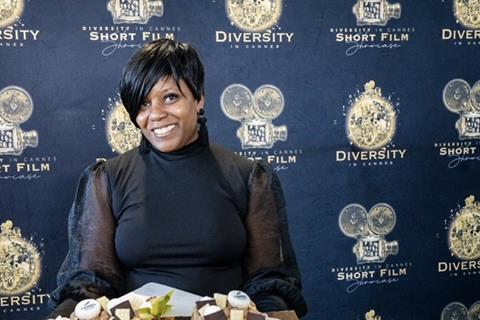
Yolonda Brinkley, the US founder of grassroots organisation Diversity In Cannes, has criticised the lack of progress she has seen the festival make in its diversity efforts since she started her organisation in 2010.
“I feel like while there is more [diverse] programming, very little progress has been made,” says Brinkley. “One year, they may have more diverse selections than the previous year, but they always return to their stance. They love white men and make sure they get their shine.”
This year, no Black filmmakers were in competition. Un Certain Regard made history by programming the first Somalian title ever to make it into the festival’s official selection. Only two Black women have ever played in Competition in the 77 editions: Mati Diop’s Atlantics in 2019 and Ramata-Toulaye Sy’s Banel & Adama in 2023. Diop was the first Black female filmmaker to win a prize at Cannes, receiving the Grand Prix, for Atlantics.
One film by a Black woman was programmed in official selection this year – Zambian-Welsh filmmaker Rungano Nyoni’s On Becoming A Guinea Fowl, winning the best director prize in Un Certain Regard,.
Spike Lee was the first Black jury president at the Cannes film festival jury, erving in 2021. This year’s main jury had one Black juror – French actor Omar Sy.
Brinkley has also called out the lack of change within the festival’s infrastructure, with a noticeable absence of Black decision makers working within the festival.
“Over the past years I’ve seen some increase in diversity of the working staff – the security guards, the checkpoints, the ticket takers. I’ve seen a handful,” she notes.
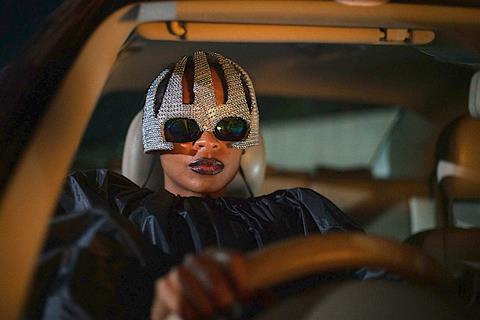
She points towards the Berlinale as a festival that “tries, it seems they really care,” such as with the hiring of Themba Bhebhe, who runs diversity and inclusion at the European Film Market.
Brinkley also highlights the treatment received by Kelly Rowland on the red carpet, seen via a viral social media clip of the US singer being physically ushered off the red carpet by a security guard, that was triggering and concerning for many. Rowland later said in an interview with the Associated Press: “There were other women that attended that carpet who did not quite look like me, and they didn’t get scolded or pushed off or told to get off.”
“It’s hard to prove discrimination, but because of the blatant disregard for Black women at the festival, anything is possible as they really don’t care about us so, unfortunately anything goes,” says Brinkley. ”But what’s not hard to prove, is that in 77 years, they’ve only two had [Black women] in competition. I want to be a catalyst for change on the ground.”
A frequent complaint Brinkley hears from within the Diversity In Cannes network is that an invisible wall separates accredited guests from accessing certain festival activities, such as getting tickets for premieres and the party scene. “There’s a hierarchy in place – you don’t know what the hierarchy is, but you know it exists,” she says.
“I just felt like an outsider”
Brinkley, a US event producer and entertainment publicist, set up Diversity In Cannes in 2010 after first coming to the festival in 2009. “I just walked up to people who looked like me from all across the diaspora,” she recalls. She began interviewing them about their experiences at the festival.
“Everybody was in an entry level capacity, they were there with an organisation as interns, they were there with a short film in the short film corner, no one of status if you will,” she recalls. “As I continued to move around the festival and experience the festival, I just felt like an outsider.”
She decided to set up Diversity In Cannes as a way of bringing minority groups within the film industry together in a safe space at the festival through the creation of a network and a series of events.
“I don’t want one group to come to Cannes and just network with each other, whether that’s Black people, women, LGBTQ, religious groups, I never want anybody to come and just network with their own,” she says. “If we were able to make waves that way, we would. In order for us to experience any success as marginalised groups, we have to expand our networks, even internationally.”
Diversity In Cannes has received funding from Viola Davis’s JuVee Productions; the British Film Institute (BFI), having collaborated with BFI director of inclusion Melanie Hoyes and the BFI’s diversity and inclusion department on events at Cannes for the past two years; and fees from filmmakers who submit their shorts as part of Diversity In Cannes’ short film showcase.
Brinkley’s next venture is Black Women Cannes, which she soft-launched this year, “to provide an atmosphere, a safe space at the Cannes film festival to celebrate, support and uplift Black women”. Events included a reception for producers in collaboration with Janine Pearce of JP Media Law and sponsored by Phil Hunt’s UK outfits Head Gear and Bohemia Media. US showrunner and executive producer Felicia D. Henderson the inaugural recipient of the Black Women Cannes Global Legacy award.
Brinkley plans to create a fund for Black women to give financial support to filmmakers, either for their projects or for attending festivals, for which she is currently fundraising.
“For years, we’ve been knocking on the door of the master, which they’re not opening.” Brinkley reflects. ”We’re no longer trying to get a seat at their table, so the best we can do is bring our own table and set up shop right next to the festival, and still take part. At the end of the day, the whole purpose for me and for the people I encourage to attend is the business of film, the Marché. There are thousands of sales agents, distributors, looking to do business with all types of people.”







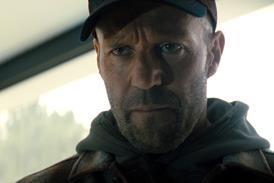



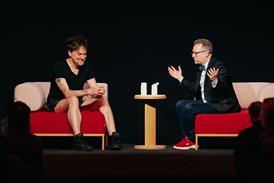

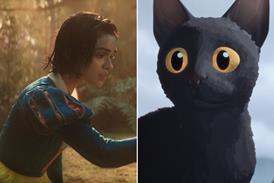
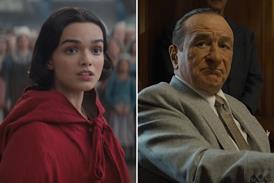










No comments yet